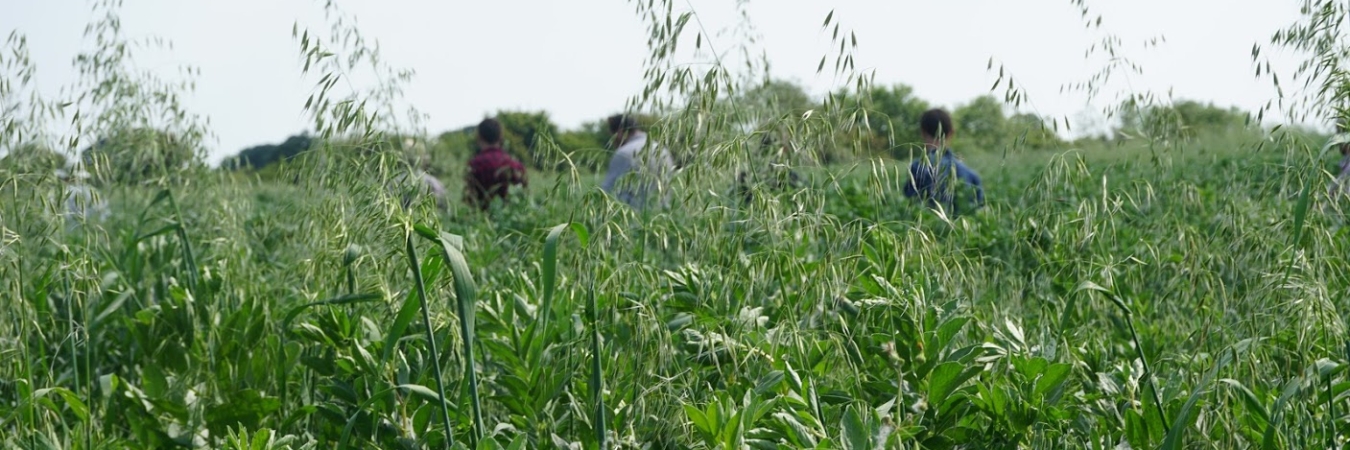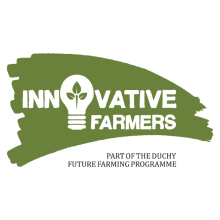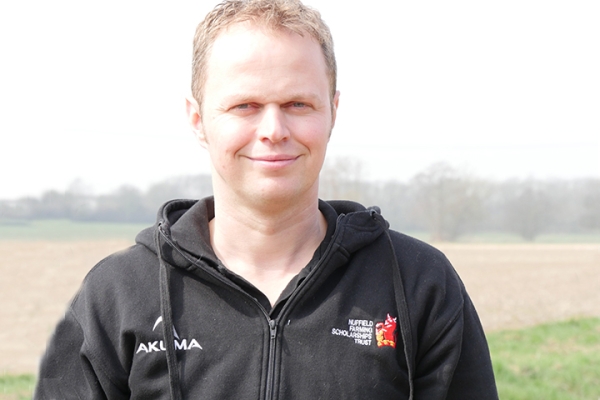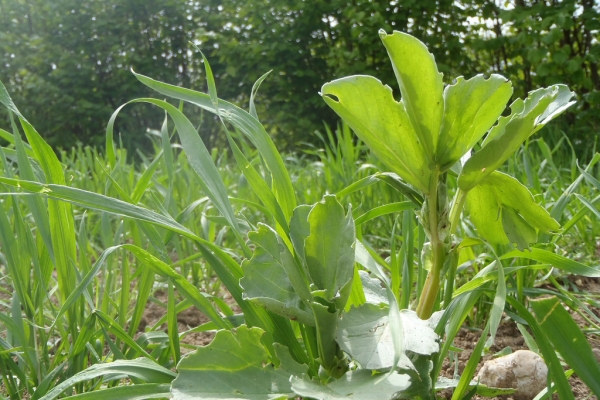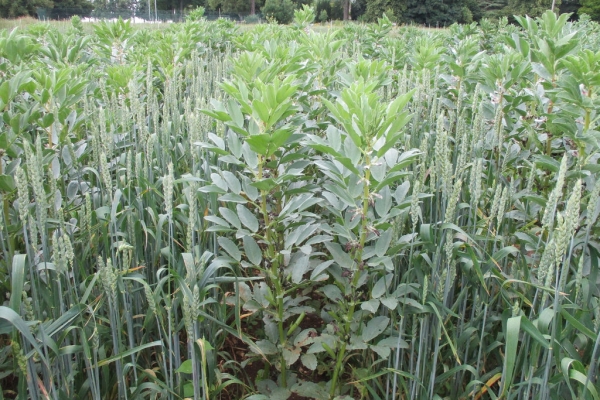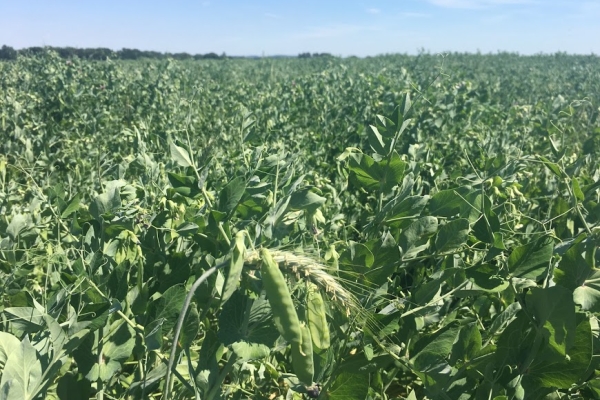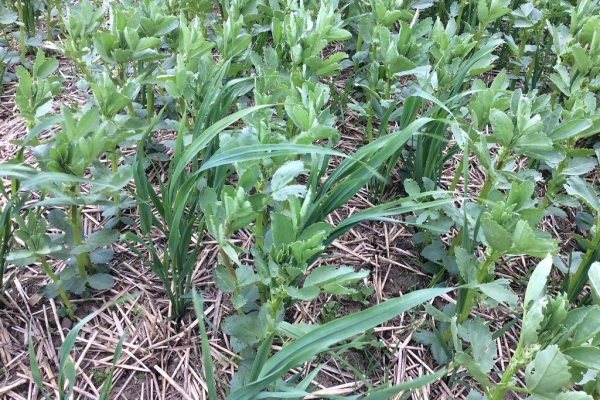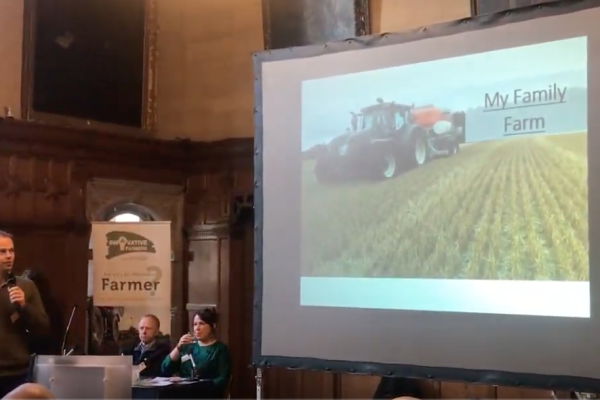Intercropping and Companion Cropping in Arable Systems
Field Lab 2018-19 report
Resource explained
With the decreasing efficacy of chemical control and concern over negative repercussions of using pesticides on beneficial insect populations, there is increasing interest in the potential for intercropping in arable systems. This field lab was created in light of the Organic Research Centre (ORC)’s DIVERSify project. Interested farmers first met in June 2017 to discuss opportunities for intercropping to provide more efficient resource use, reduced pest and disease pressure, and better weed competition. In 2018/19 group members tried out different mixtures and shared their experiences on WhatsApp and at field events. Andy Howard (Bockhanger Farm) and James Hares (Roundhill Farm) applied for a grant from the Innovative Farmers research fund to help them address important issues they were facing on-farm. This final report details what they grew, how the trials were set up, how the data was collected and analysed, and results in relation to crop performance and pests, disease and weeds.
Findings & recommendations
Findings included:
- An oat companion crop significantly increased linseed yield.
- Intercropping wheat with beans resulted in much lower weed biomass compared to the monocrop – 73% and 74% weed reduction in 2018 and 2019 respectively.
- The pea crop may have facilitated nutrient supply for oilseed rape when no artificial nitrogen was being applied. The peas provided insurance when the oilseed rape failed to make it to harvest.
- Linseed with oats was the only combination in which statistically significant yield differences were detected, but this may be due to a higher number of replicates and a higher sampling effort. More sampling at the other plots would increase the strength of the results.
Find out more about the field lab here.
View a recording of an event held as a virtual alternative to a field lab meeting here.
